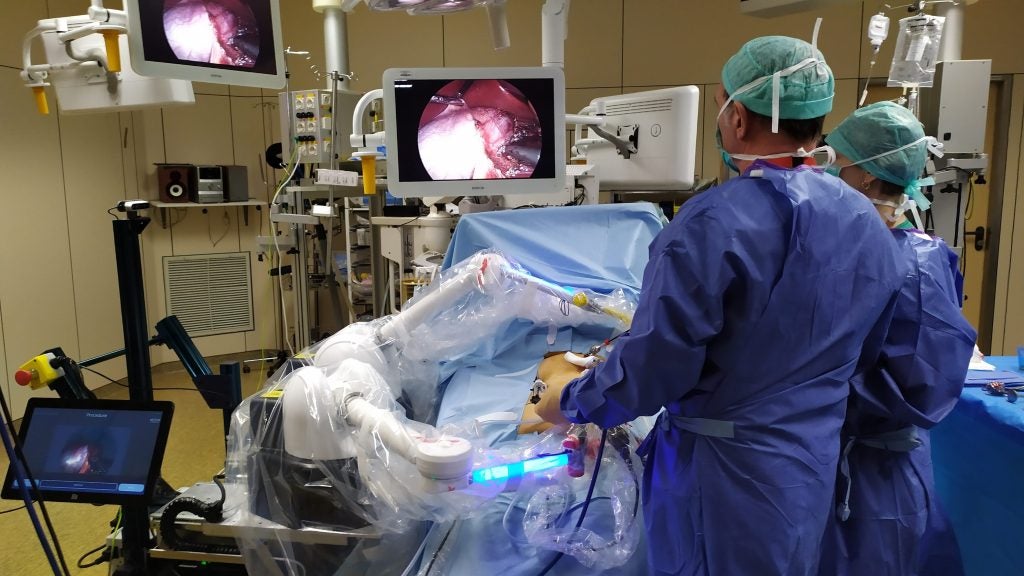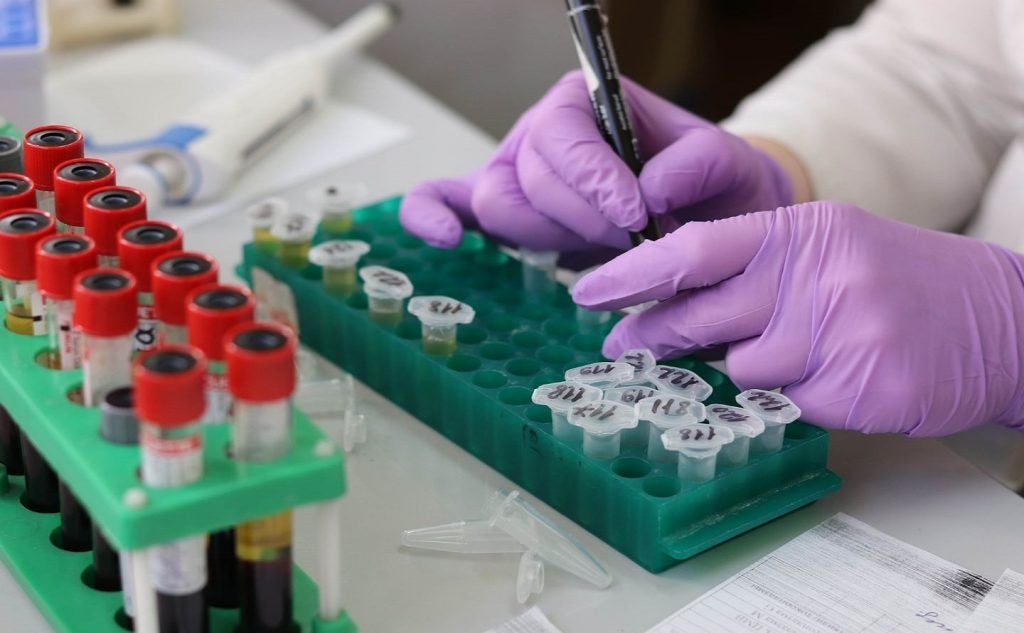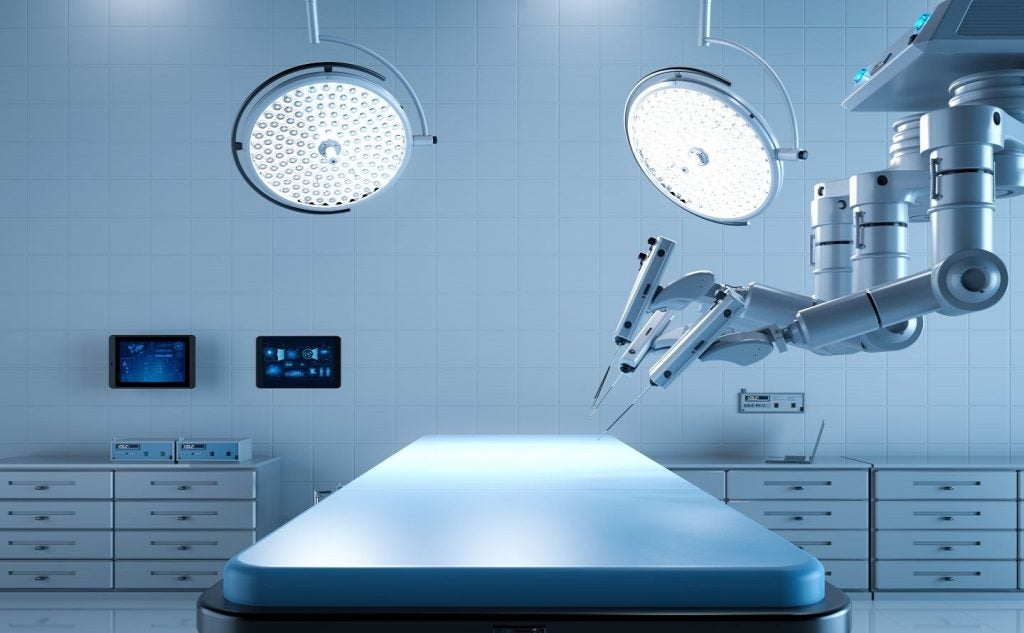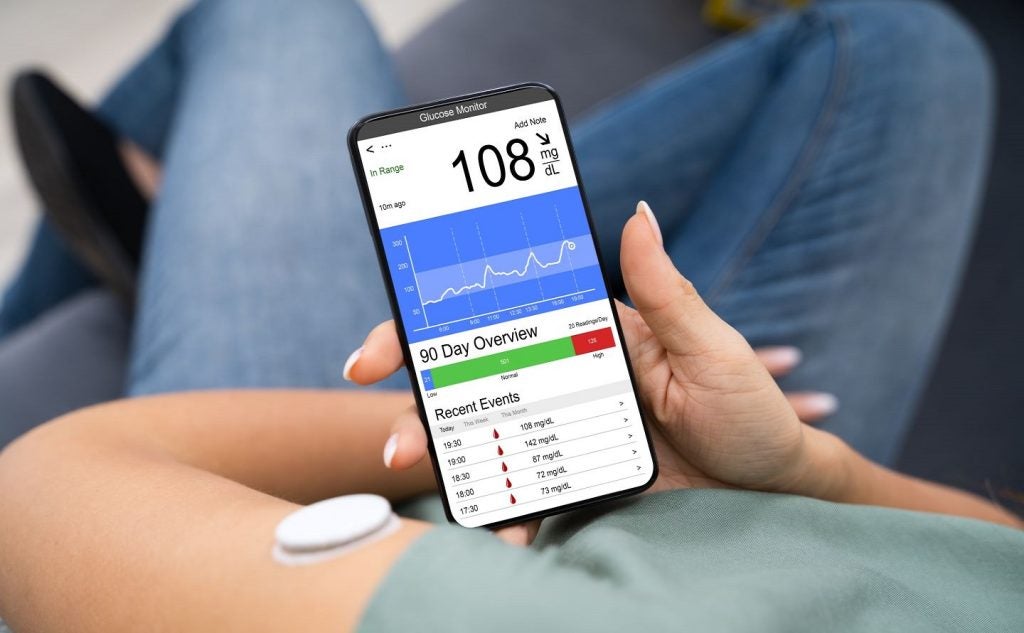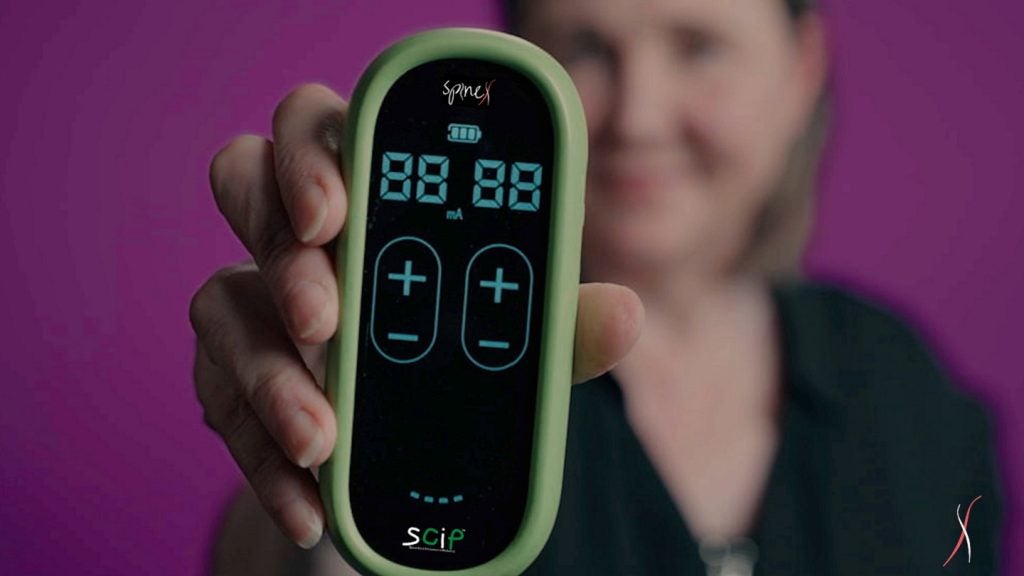IR-MED has signed a Clinical Trial Agreement with the Methodist Healthcare System of San Antonio to conduct a usability study of its PressureSafe device in people with different skin tones.
PressureSafe device uses artificial intelligence (AI) to analyse the infrared spectrographic data collected from the device to detect the presence of pressure injuries. In a previous study, the device demonstrated 96% sensitivity and 91% specificity in detecting the presence of a wound.
Usage of generative AI in the medical devices sector has been steadily increasing in the past few years. A GlobalData report forecasted that the AI market will be worth $909bn by 2030.
Pressure injuries are ulcers (sores) which can develop in patients with limited or no mobility who are either bedridden, unconscious, or unable to sense pain. The current standard for diagnosing pressure injuries is a visual examination, but this can be harder to do in people with darker skin tones. A study estimates that about 1-3 million people have pressure injuries in the US, with 5-15% of patients in long-term intensive care suffering from these ulcers.
The new study will build upon the existing knowledge and test the device in people with darker skin tones. The trial will aim to enrol half of the patient population with darker skin tones to provide a comparison analysis of the PressureSafe device's accuracy in detecting early-stage pressure injuries in people of darker and lighter skin tones.
IR-MED plans to file for the US Food and Drug Administration (FDA) approval in the last quarter of 2023, and intends to launch the device in the first half of 2024.
Similar devices in the field include MolecuLight’s fluorescence imaging device, MolecuLight i:X, which can be used to identify the presence of bacteria in wounds. A device study showed that using the device boosted the 12-week healing rates by 204% in patients with diabetic foot ulcers.
Sky Medical Technology’s self-adhesive, wearable ‘geko’ device also promotes wound healing by delivering an electrical pulse to stimulate blood flow. It received a marketing clearance from the US FDA to improve blood flow in the ischaemic tissue of the leg in 2021.




